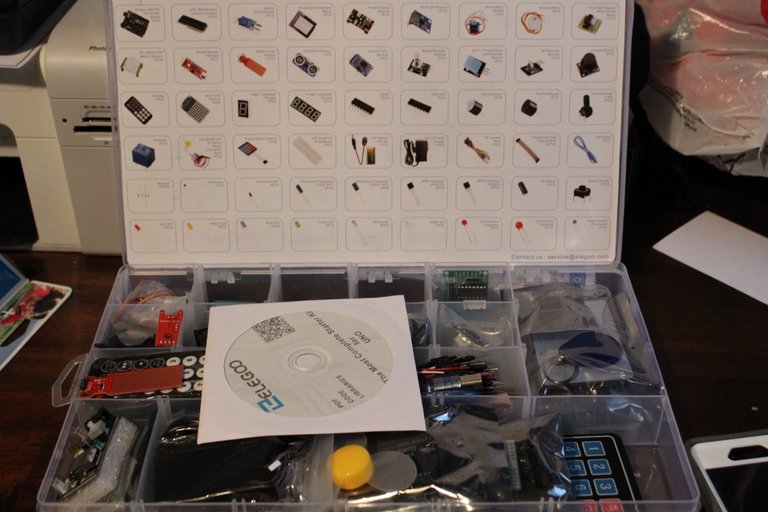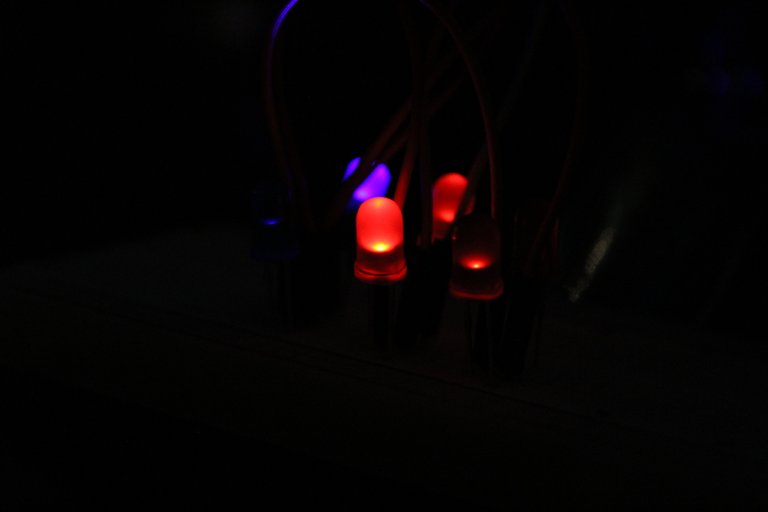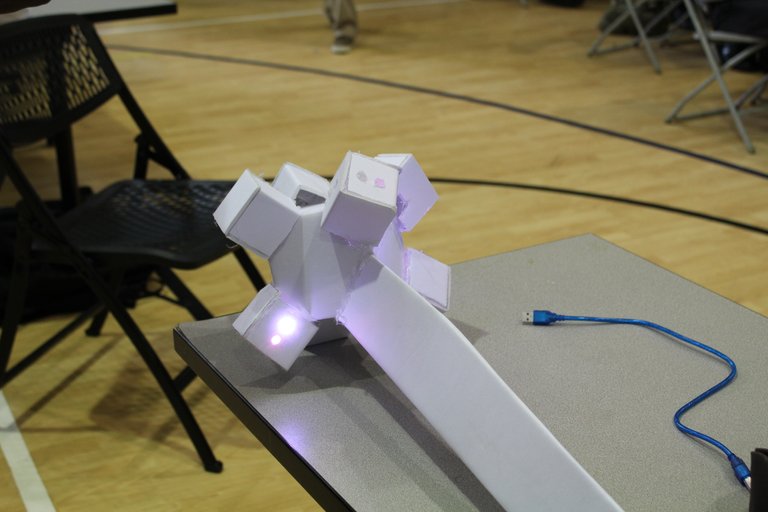For most, passion comes externally from a source of inspiration. This passion then burns as fuel, lighting the explosive foundation of an ambitious project which can take on various forms and manifest vibrantly as observed in the artists, actors, athletes, entrepreneurs, scientists, and even the engineers that push society forward. Everyone who has found success exemplifies this process, and they all started their journey from one place — that burst of passion. On a personal note, the teachers I’ve had and the experiences I’ve endured helped to foster the deep passion I have for engineering. Beginning from the latter part of middle school, I have had a strong affinity towards math and science, as noted from my instructors at the time. My eighth grade science teacher was a catalyst that set me further down my path when he introduced me to Science Olympiad. This opened a new door for me, as I’ve never thought of science as a competitive subject. That year, I netted two first place medals at the regional competition, placing first in simple machines and bridge building. From there onwards to the start of my freshman year in high school, I increasingly found new topics that satisfied my curiosity.
Upon entering high school, I decided to purchase an Arduino kit to play with during my leisure, and it wasn’t long before I became infatuated with the wonders of digital electronics. I remember spending the long summer days sitting at my desk and slowly teaching myself about the various components that make up most modern-day circuits. Starting from simple diodes and LEDs and working up to hypersonic sensors and sound emitters, I slowly learned how to construct a variety of circuits that performed different tasks. Although I used the internet and various guide books for inspiration, I ensured that I grasped concepts well enough to apply them in other ways. On one summer day, after sophomore year, a friend challenged me to learn charlieplexing, which would enable me to control a large matrix of LEDs with a relatively small amount of output pins. I accepted the challenge, and spent the following hours placing wires in the correct breadboard slots, trying to mirror a circuit diagram I drew to keep me on track. Surprisingly, despite the numerous opportunities for error, my circuit worked immediately after powering it on. While my friend may have viewed this as a mild achievement, I saw it as a sign to further pursue digital electronics.
In addition to breadboarding, I also taught myself a basic set of programming skills via Codecademy and other internet tutorials. I originally studied python before jumping to C++ before I finally settled on Java, and not much time passed before the phrase “public static void main” engrained itself in my skull. I spent hours mastering syntax and programming concepts that extend to other languages. Eagerly, I discussed my progress with family and friends, and I even taught some of what I knew to an interested classmate. One of the factors that got me interested in studying Java in particular was the fact that the District University Interscholastic League computer science competition primarily focused on that language. Although I only had a week, I refined my coding skill enough to earn second place that year. During the following months, I studied vigorously for the regional competition; however, my self-taught curriculum did not adequately prepare me for the fierce competition that awaited. I ended that day empty-handed but not empty-minded. Having experienced the competition first hand, I knew that I had much to learn. My head felt heavy under the weight of defeat that day, but in retrospect, I simply learned of higher levels I had not reached.
Now, as a high school senior ready to venture onto the collegiate level, I reflect on my past endeavors as a snapshot of what’s to come my way. My parents and teachers all continue to encourage me to pursue this path, and in response I’ve committed to go into electrical engineering and computer science. In college, I plan to participate in various internships so that I can perform at my best within the industry. So, in the end, although I am mainly self-taught, I remain hungry for knowledge.


